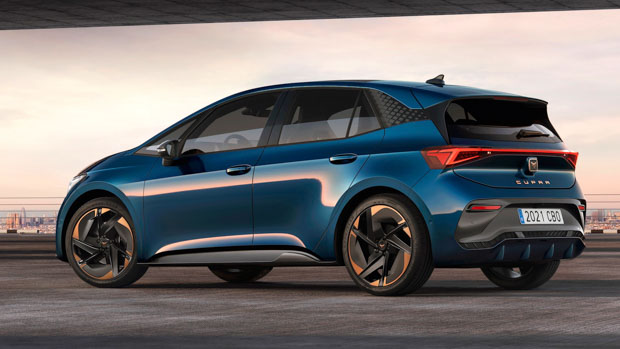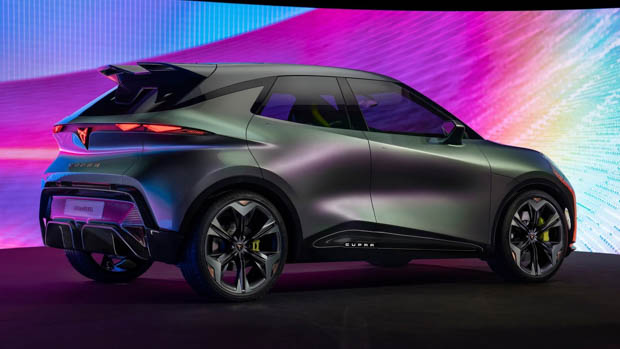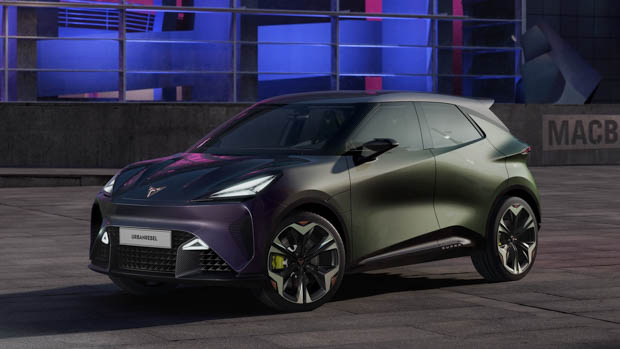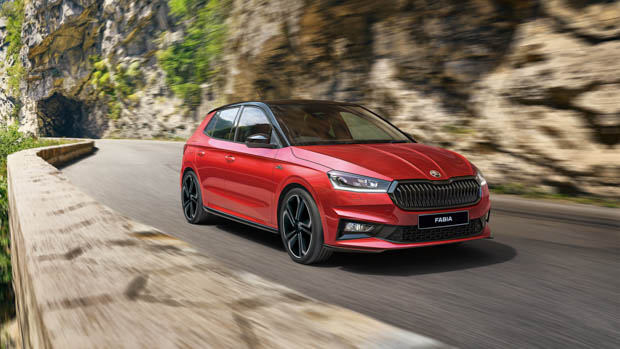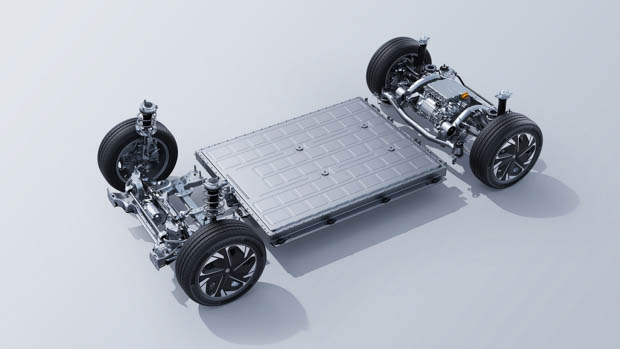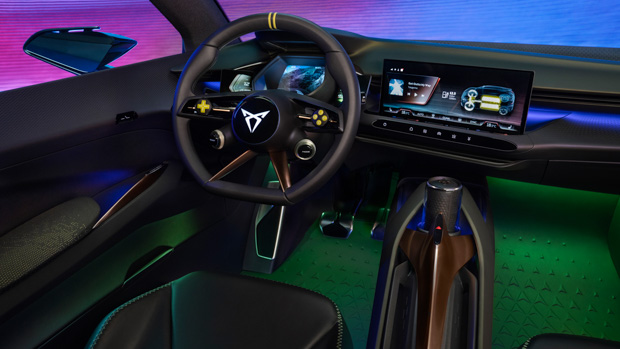-
Car Reviews
- Car News
-
Car Comparisons
Latest comparisons
- Chasing Deals
Cupra research and development boss says that reducing weight from the VW Group’s electric cars is a key goal
Cupra vice president of research and development Werner Tietz says that reducing weight is a key development goal for the brand’s future electric cars – and those of the broader Volkswagen Group.
Cupra is managing the Group’s development of a smaller, lighter, cheaper electric car platform that will slot beneath the more premium MEB EV architecture in the Volkswagen chassis lineup.
Codenamed MEB-21, the Cupra-led front-wheel drive platform is targeting up to 440km of driving range based around batteries up to around 50kWh in size.
“On the Cupra side, I would not like to increase the range,” Tietz said. “I would like to reduce weight in order to have more performance – but you can also maybe play with different sizes of batteries.”
“So for someone who wants to have more range, you can offer a bigger-size battery. For the ones who want to have more performance, you can go to a smaller battery.”
Cupra will launch in Australia next month with a range of petrol-fuelled cars and SUVs first – plus a selection of plug-in hybrids – before introducing its first electric car, the Born, in early 2023.
The first vehicle to utilise the MEB-21 platform – Tietz’s brainchild – is the Cupra Urban Rebel: a 4m-long hatchback that will effectively play the role of a sportier Volkswagen Polo in the Group’s emerging electric vehicle lineup.
Within the Urban Rebel lineup there will be a long-range variant offering about 440km of range (WLTP) with consumption of around 12.5kWh/100km from a circa-50kWh battery.
But there will also be a sporty variant with 10 percent less range – 400km or thereabouts. However, it is not believed that this initial performance specification of Urban Rebel will use a smaller, lighter battery.
MEB-21 will support many other vehicles in the Volkswagen Group’s vast lineup. Beyond the Cupra Urban Rebel, it is certain there will be Volkswagen and Skoda products as well – and possibly an Audi model, too.
When we last spoke to R&D boss Tietz, he told us that the Urban Rebel would be “a bit beyond” 1500kg in weight – making these electric hatches a substantial 400kg heavier than their petrol-powered Volkswagen Polo or Skoda Fabia equivalents.
The Urban Rebel’s ballpark weight of 1500kg is fairly disciplined for an electric car with a 50kWh battery and circa-400km range. Some EVs are lighter, but they trade battery size and range for fleetness of foot.
Mini’s featherweight Cooper SE is just 1275kg, but its 28.9kWh battery promises just 203km range. The Cupra Urban Rebel will weigh perhaps 250kg, or 20 percent, more, but it will offer nearly 100 percent more range.
Cupra’s 50kWh battery, being just shy of that used in a Tesla Model 3, is fairly large – so the brand will cut weight elsewhere by abandoning refined, but heavy, components like an independent rear suspension – and dual-motor AWD will be unavailable.
While existing battery technology has improved considerably in density terms in recent years, the auto industry continues to await a significant new leap promised by solid state battery (SSB) technology.
Tietz holds out hope for production-ready solid state batteries by the end of the 2020s – technology that could viably slot into the MEB-21 platform, and vehicles like the Urban Rebel, when it is ready to replace today’s heavy lithium-ion battery packs.
“I see more advantage on the battery technology side,” Tietz tells Chasing Cars. “I think solid state batteries will hit the market in seven or eight years (2029 or 2030). That will be a step-change, bringing another 30 or 40 percent of capacity.”
If Tietz’s prediction around solid state batteries becomes a reality, it would give carmakers like Cupra and the Volkswagen Group a choice of increasing range, decreasing weight, or both.
Currently, a 50kWh lithium-ion battery of the sort to be used in the Urban Rebel weighs 400-600kg while providing a range of 360-440km.
An SSB iteration of the same 50kWh battery would weigh a similar amount but provide 600km of range. Retaining this relatively large (but heavy) battery would be an obvious choice for a future long-range variant.
But a sporty variant could instead swap to a smaller, lighter battery. A 35kWh solid-state battery weighing around 200kg less could still provide a useful 450km of driving range.
This arrangement would hit a sweet spot in a vehicle like the Urban Rebel, allowing a front-wheel drive electric hot hatch to provide a practical driving range while weighing just 1300kg – less than a petrol-powered Volkswagen Golf.
Many carmakers are investing heavily in SSB technology. Ford and BMW have jointly poured around $200 million AUD into Colorado-based battery tech lab Solid Power, targeting 2027 production viability for solid state packs.
Latest news
About Chasing cars
Chasing Cars reviews are 100% independent.
Because we are powered by Budget Direct Insurance, we don’t receive advertising or sales revenue from car manufacturers.
We’re truly independent – giving you Australia’s best car reviews.
